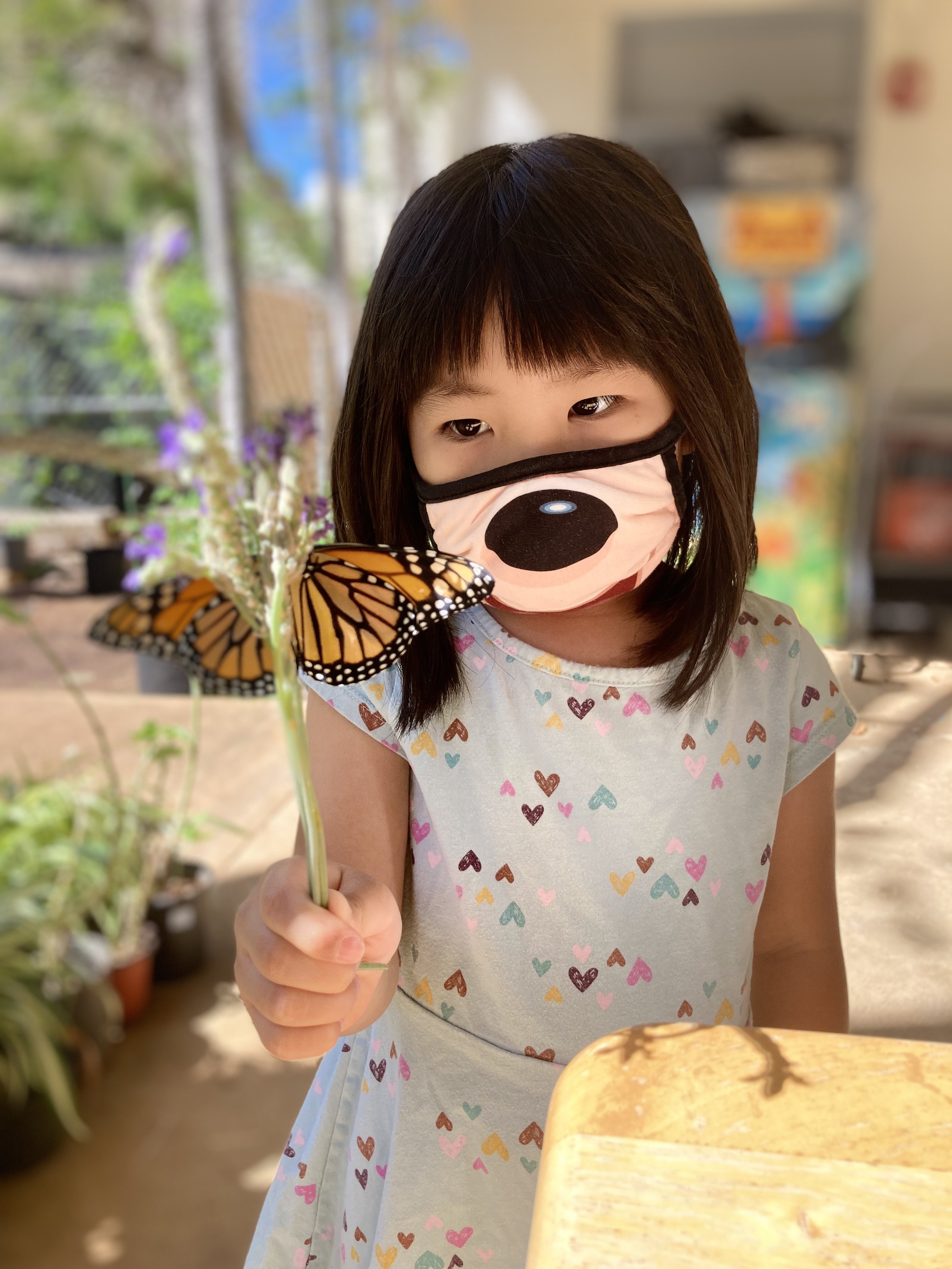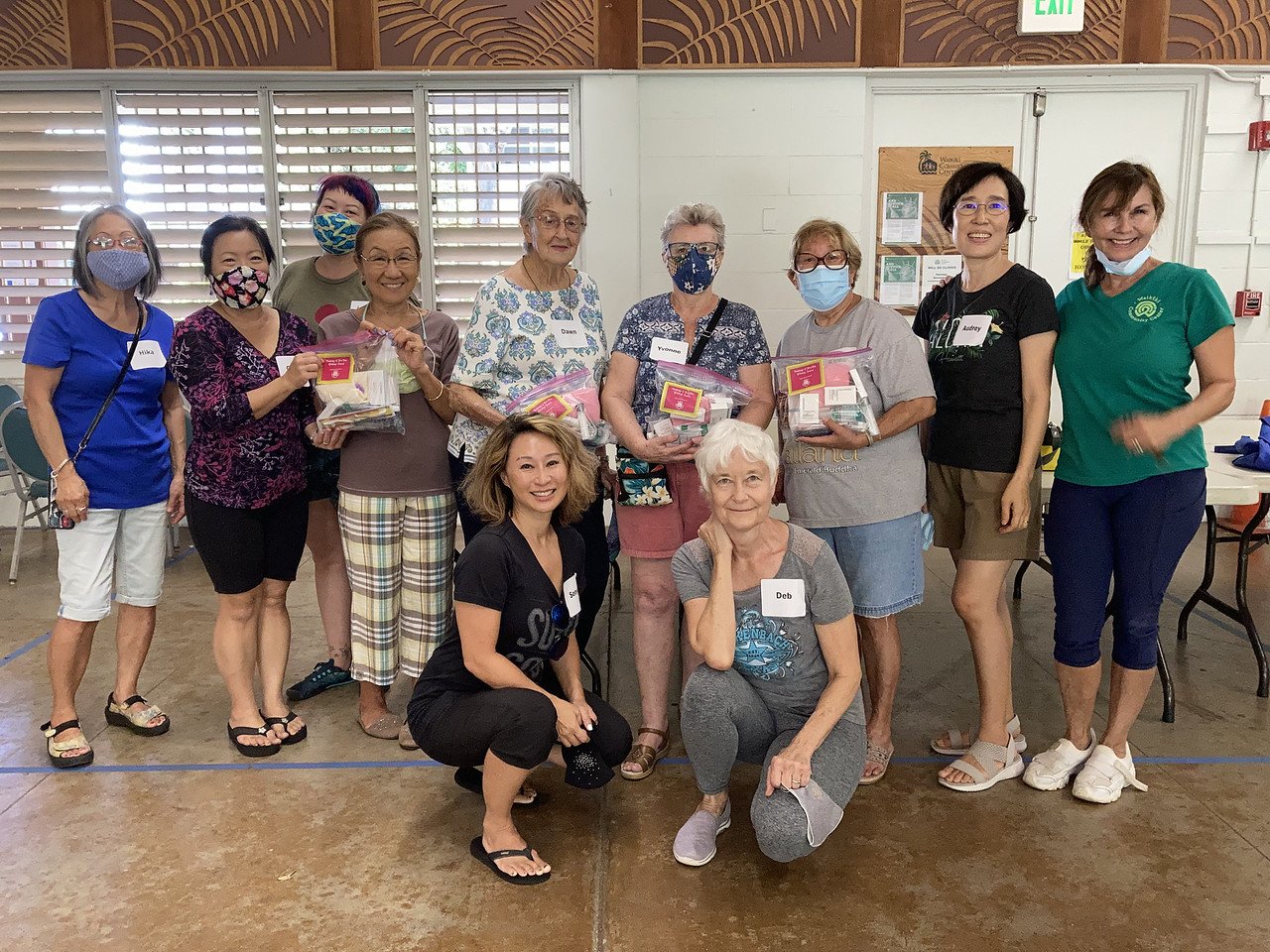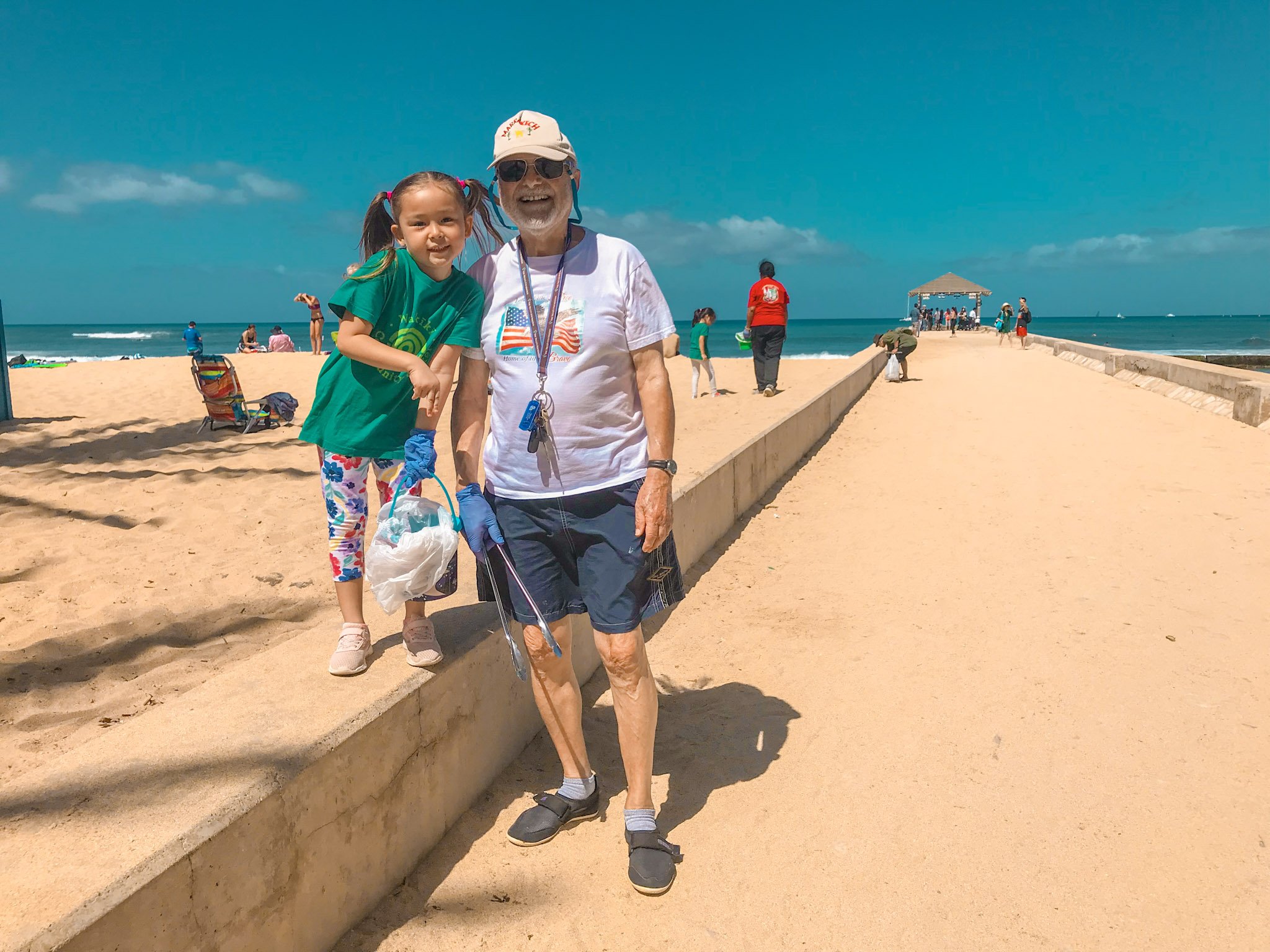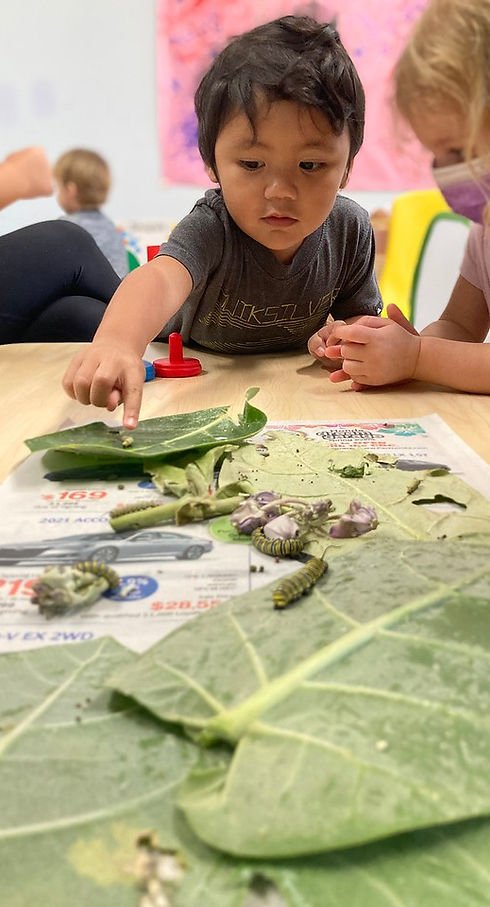HAF Full



Here’s a startling figure: only 15% of what Hawai‘i consumes is grown in state. And sure, in most cases, buying local can prove to be more expensive, but that’s just because things tend to, well, cost more in the islands. The important thing to remember, says Denise Hayashi Yamaguchi, is that there is a much bigger picture to keep in sight.
“If we want Hawai‘i to become more food sustainable and food secure, we must make buying local a priority over price,” she insists.
Yamaguchi has been working to promote that very ideal since taking over as executive director of Hawai‘i Agricultural Foundation in 2011. Its mission, she explains, is to “support and sustain Hawai‘i’s agricultural industry by addressing critical needs and services of farmers and the agricultural industry in Hawai‘i, and by better connecting the farmers with the community and vice versa.”
To do this, HAF offers marketing, technical, educational and field support to farmers, while also running a host of community outreach programs.
Every year, for example, the nonprofit organization puts on Localicious Hawai‘i, teaming up with restaurants and retailers that create special menu items made with locally sourced ingredients. Proceeds from that dish then go toward supporting ag education.
This year’s Localicious Hawai‘i campaign took place in March—and, says Yamaguchi, the results were astounding, with more than 220 eateries and businesses participating.
“Localicious generated more than $63,000 to support HAF’s programs that encourage students to consider a career in farming,” says Yamaguchi.
But that is hardly the only initiative that keeps Yamaguchi and HAF busy. Among the organization’s many programs is Veggie U, which aims to get children in grades 3-5 interested in farming via hands-on STEM activities; Kids Cooking Local, which teaches youth about agriculture and how to cook with fresh, local ingredients; In the Fields, which aims to get high school students interested in the industry; and Where Would We Be Without Seeds for keiki primarily in second grade (though it can be adapted for students in grades K-3) that covers food grown using seeds, plant life cycles and more.
The nonprofit also hosts a quarterly series, EAT THINK DRINK, which features keynote speakers who discuss food and agricultural topics that have included everything from food systems to food innovation and sustainable seafood. (Past speakers have included the likes of Wholesome Wave founder Michel Nischan, Hog Island Oyster’s John Finger and Lou Cooperhouse, formerly of Rutgers University Food Innovation Center.) Following that, participants get to partake of food and beverages, naturally, all the while meeting and talking with other like-minded individuals.
Programs like these are made possible with help from Hawai‘i Food & Wine Festival, of which HAF is a beneficiary. Each year, for instance, the organization supports the event’s Keiki in the Kitchen Localicious Recipe Contest. This year, meanwhile, it plans to launch a Young Entrepreneurs program, giving 20 agricultural and culinary teachers the chance to work with students to come up with value-added products that are made with local ingredients. Those products will then go up for sale at the Made in Hawai‘i Marketplace for Kids by Kids, with all proceeds ultimately going back to youth.
“Hawai‘i Food and Wine Festival has not only provided funding but a platform and venue for HAF programming,” adds Yamaguchi.
And, says Yamaguchi, the community is more than welcome to join in on the action. In addition to supporting its various events and programs — in fact, direct contributions to its ag education programs, for example, may be made by visiting hawaiiagfoundation.org/support — residents might also consider signing up for Local Inside, a CSA (community supported agriculture) that delivers fresh produce to various locales around the island. HAF currently counts 235 subscribers, making it the largest CSA in the state, according to Yamaguchi, with members also receiving additional benefits that include farm tours.
“The goal of Local Inside is to create awareness about where ‘your’ food comes from, and to connect farmers to the community,” says Yamaguchi.
All of it makes for a job that has allowed Yamaguchi to do exactly what it is she seems to enjoy, to hear her tell it.
“I have a passion for creating lasting programs that really make a difference in our community,” she says. “Because we have a small team, we are nimble and flexible, which allows us to move quickly to address community needs through very creative opportunities.”
For more information on Hawai‘i Agricultural Foundation, as well as its events and educational programs, visit hawaiiagfoundation.org. To sign up for its CSA, visit localinside.csaware.com/store.




